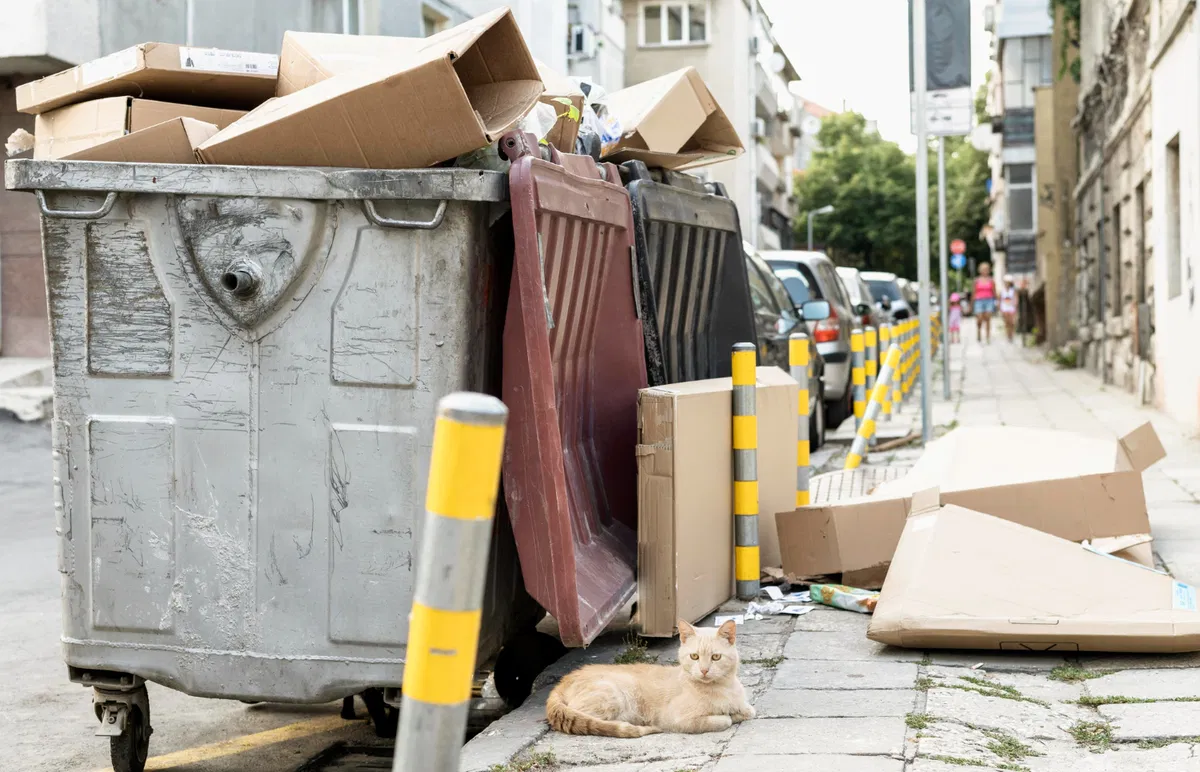By Molly Grace
Copyright euroweeklynews

The streets of Almoradi have become the focus of mounting frustration among residents, who say rubbish collection services are falling short despite recent increases in the waste collection tax. Locals complain that overflowing bins, uncollected bags, and abandoned furniture are spoiling the image of the town and creating a sense of neglect.
The situation has been particularly noticeable over the past few months. While the local council announced a rise in rubbish collection fees earlier this year, residents say the service has not improved. In fact, many argue it has become more inconsistent, with some areas of the municipality experiencing long delays between pick-ups. “We’re paying more, but we’re seeing less,” said one Almoradi resident, who described rubbish piling up around collection points as “unacceptable.”
Adding to the frustration is the issue of bulky waste, such as mattresses, wardrobes and sofas, being dumped on pavements. Almoradi does operate a special collection hotline for such items, but many residents either ignore it or are unaware it exists. As a result, furniture is often left for days at a time, further cluttering the streets and creating eyesores. Speaking to Euro Weekly News, one resident pointed out that not all the blame lies with the council. “Much of this falls on the residents themselves, who seem to enjoy living dirty. Mattresses are thrown out and left on the street uncollected for days,” the neighbour said, adding that civic responsibility is as important as reliable services.
Another resident, however, argued the opposite. “It’s not just uncivil people; the problem is more to do with the Ayuntamiento. People do call the collection number, but the issue is that no one actually answers. You can be calling for days. I understand people can’t keep rubbish in their homes forever, so if the collection service isn’t picking up the phone, what other option is there?” they asked. Many locals complain that the council has not offered clear explanations about why the service appears to have deteriorated despite higher fees. They argue that communication has been lacking, with little visible effort to either improve collection timetables or enforce existing rules on bulky waste disposal. Residents say they feel left in the dark and that the increase in taxes has only deepened their frustration.
Health concerns have also been raised. Overflowing bins attract stray animals and insects, while strong odours from uncollected waste are particularly problematic in hot weather. Shopkeepers in central areas say the problem is affecting businesses, with rubbish near their doors discouraging potential customers. Social media has amplified the anger, with images of uncollected rubbish circulating widely on community forums. Some posts have gone viral locally, sparking heated debates about responsibility and solutions. Several residents argue that while the council must provide a more reliable service, citizens themselves also have a duty to dispose of waste correctly.
Community associations are now calling for both improved services and tougher enforcement. They suggest fines for illegal dumping should be more rigorously applied, alongside stronger public information campaigns about the bulky waste hotline and collection timetables. The situation has left many Almoradi residents questioning whether the town is getting value for money from the increased tax. For now, anger continues to grow, with locals demanding clarity, accountability, and visible improvements. Without changes, residents warn that frustration could boil over into organised protests or public campaigns.
Almoradi’s waste problems have become more than just an issue of overflowing bins: for many, they represent a wider sense of disconnection between the council and the community it serves.



